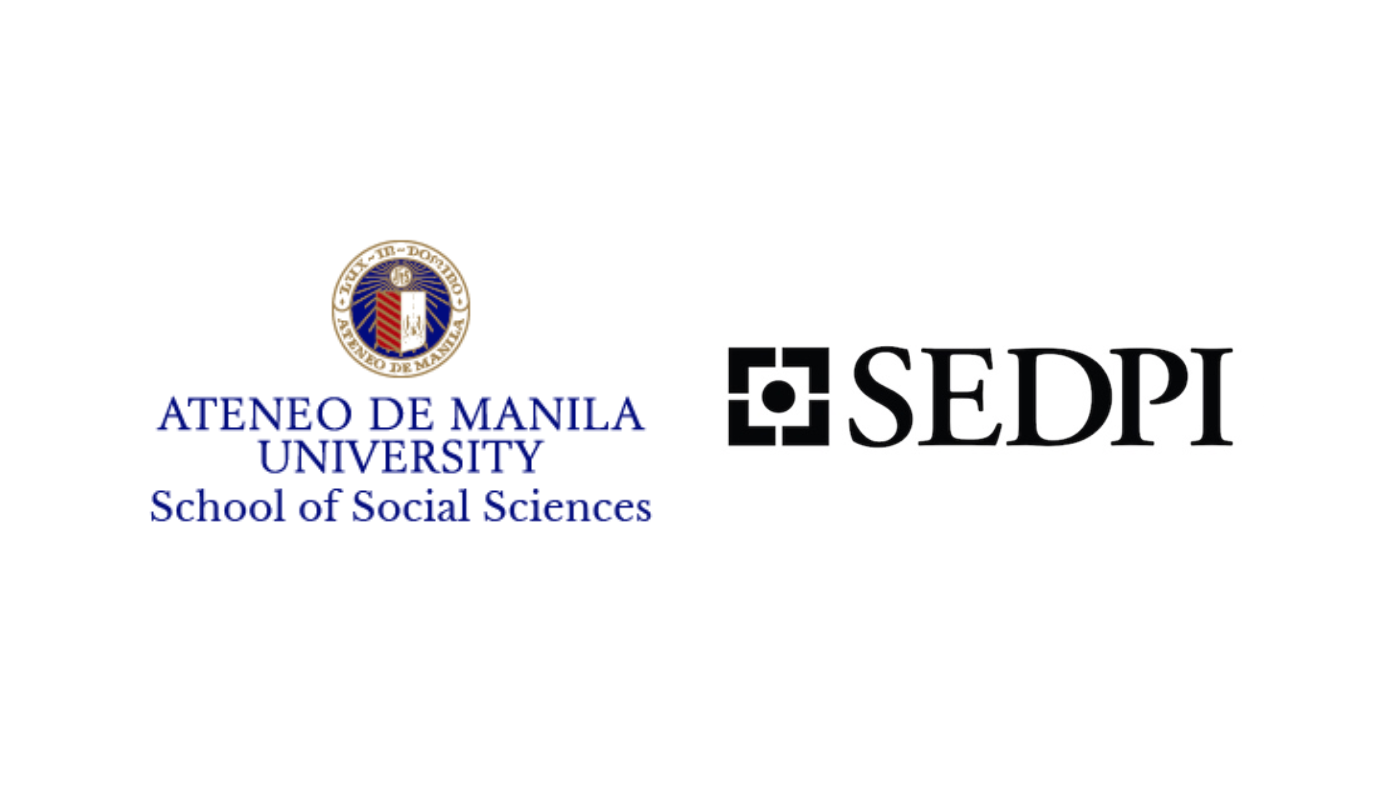Tag: enhanced community quarantine
-
ARBOs Remain Covid-free
Agrarian Reform Beneficiary Organizations (ARBO) in Sarangani, Sultan Kudarat, Maguindanao, and Lanao del Sur Provinces remain covid free. This is the result of the ARBO covid-19 quick assessment conducted by SEDPI on April 20-24, 2020. While some ARBOs have completely stopped operations, 36% or ten (10) out of twenty-eight (28) participating ARBOs continue to provide…
-
Update 3: Community assessment and recommendations for support to microenterprises and the informal sector during and after COVID-19
SEDPI is a group of social enterprises that provide capacity building and social investments to development organizations and directly to microenterprises. We serve ~8,000 microenterprises in Agusan del Sur and Surigao del Sur, two of the poorest provinces in the Philippines. Most of our members, about nine in 10, are women with an average age…

